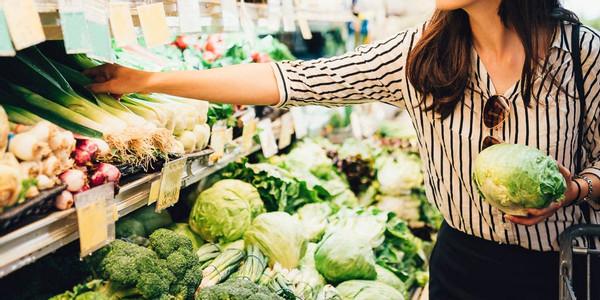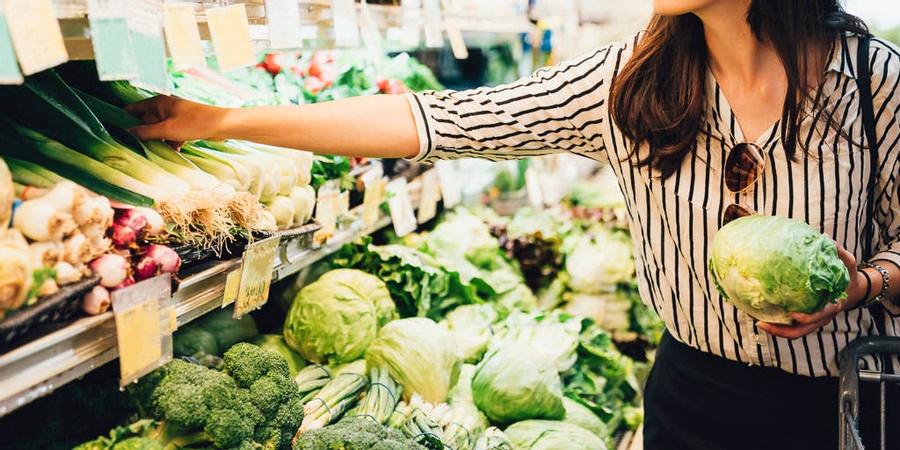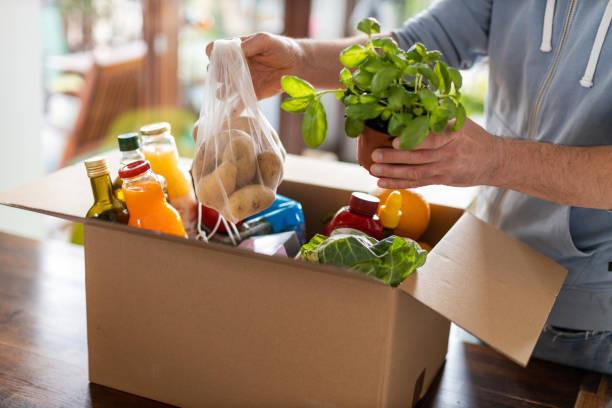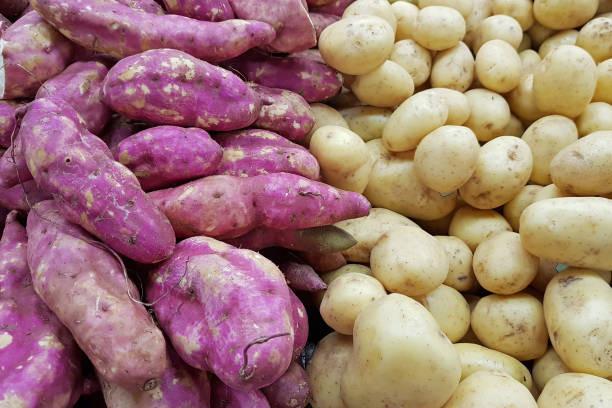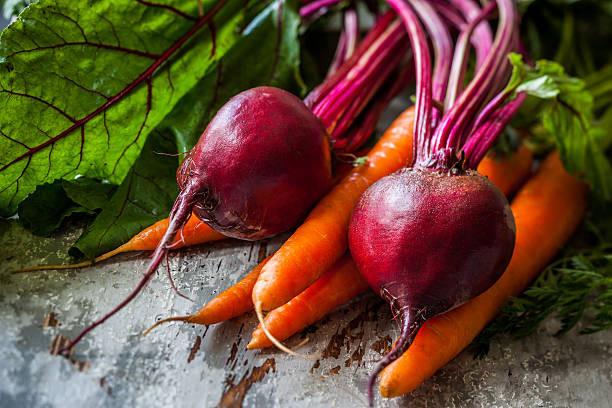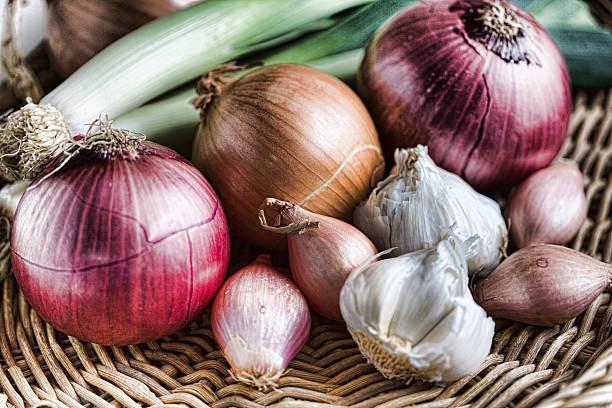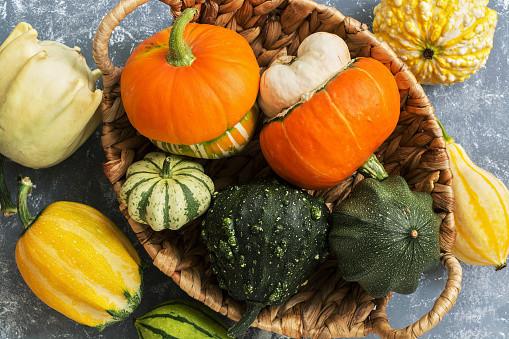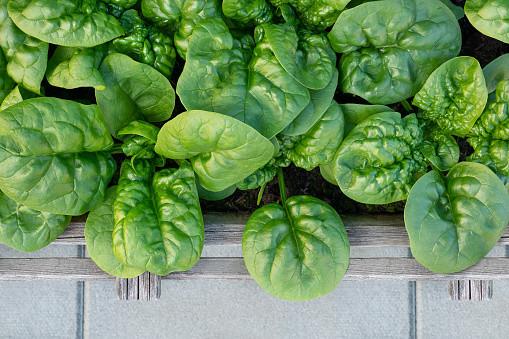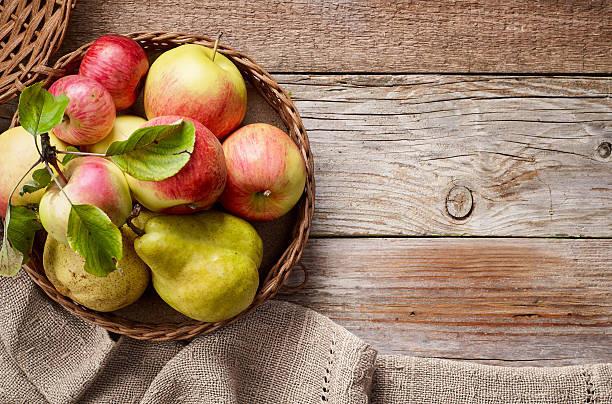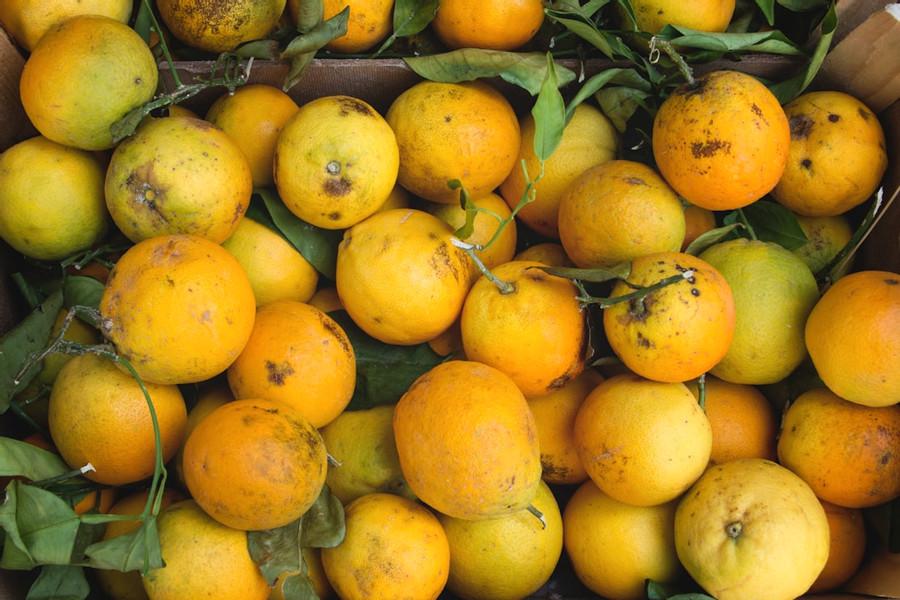How to Keep Your Produce Fresh for Weeks (Hint: It’s Not Always in the Fridge)
Curated from: nytimes.com
14
Explore the World's Best Ideas
Join today and uncover 100+ curated journeys from 50+ topics. Unlock access to our mobile app with extensive features.
Start fresh
Selecting the freshest fruits and veggies is the first step to getting the longest storage life in your kitchen. Leafy greens should be richly coloured and without any limp or yellowing leaves.
Root vegetables, cabbages, squash and onions should be heavy for their size without blemishes or soft spots.
15
157 reads
Consider the conditions
When storing fresh fruits and vegetables, consider
- Temperature: Some produce keeps well in the refrigerator while others, like potatoes, onions and garlic, are best at cool room temperatures. Most refrigerated produce stays fresh longer when sealed.
- Ethylene: Some fruits such as apples and bananas naturally release ethylene gas which speeds up the ripening and decay of ethylene-sensitive produce such as cabbage, leafy greens, lettuce, and broccoli.
- Airflow: Produce that keeps best at room temperature needs air circulation and should be removed from packaging.
15
134 reads
Potatoes and sweet potatoes
Potatoes keep for a few weeks when stored in a cool, dark place such as an air-conditioned pantry or a cellar. Sweet potatoes have a shorter shelf life.
Potatoes will sprout and decay at warm room At refrigerator temperatures, they convert some starch into sugar and can brown too quickly and scorch when fried. Sweet potatoes develop a hard center when refrigerated and can take longer to cook.
- Don’t refrigerate.
- Store in a cool, dark place with relatively high humidity.
- Allow air circulation.
- Keep separate from onions, bananas, and other ethylene-producing items.
19
130 reads
Other roots and tubers
Beets, turnips, rutabagas, carrots, parsnips, and ginger are long-term storage superstars. Since they don’t release much ethylene gas, you can store root vegetables next to more gas-sensitive produce like leafy greens, cabbages, broccoli, and cauliflower.
- Remove any leafy green tops.
- Refrigerate in a plastic bag for the longest life.
- For a shorter term (up to two weeks), store loose in your crisper drawer.
17
126 reads
Onions and garlic
Common onions and garlic, members of the allium family, are easy to keep fresh if you keep them away from moisture.
Choose firm, unblemished bulbs with dry skins and store them in a cool, dry, dark place with air circulation, not in a plastic bag.
- Don’t refrigerate.
- Store in a cool, dark place with low humidity.
- Allow some air circulation.
- Keep separate from potatoes and sweet potatoes.
17
106 reads
Cabbage, broccoli and cauliflower
Cabbage can last for ages in the fridge. You can store it quartered in a zip-top bag if space is an issue.
Broccoli and cauliflower are hardy and versatile. Whole crowns stay crisp for up to two weeks in plastic bags or containers with lids.
- Refrigerate in sealed containers.
- Uncut heads can be refrigerated without a bag.
- Once cut, seal in an airtight container.
18
102 reads
Winter squashes
- Store at room temperature away from direct sunlight until you cut them up.
- Keep away from bananas and other ethylene producers.
Once cut, peel, chop and store the remaining squash in a sealed container or plastic bag so it’s ready to cook.
16
98 reads
Leafy greens
- Refrigerate unwashed as excess moisture causes leafy greens to rot faster in the fridge. If you prefer prewashing so your greens are ready to use, wrap them in a clean towel, paper towel, or butcher paper to absorb the excess moisture.
- Discard any brown or slimy leaves, then store the rest in a zip-top bag or airtight container.
Celery is an exception. It’ll stay crisp for a couple of weeks in the refrigerator when sealed in a zip-top bag.
17
109 reads
Apples and pears
- Refrigerate in a plastic bag.
- Ideally, use a crisper drawer that you’ve designated for non-ethylene-sensitive fruit, such as strawberries, blueberries, navel oranges, and raspberries.
16
108 reads
Citrus fruit
- Store on the countertop for up to a week.
- Refrigerate loose for longer storage.
You can store citrus fruits out on the countertop (so you remember to use them) or keep them fresher longer in the fridge. Oranges and grapefruits aren’t ethylene-sensitive, so you can store them with apples and pears. However, lemons and limes are ethylene sensitive.
16
100 reads
IDEAS CURATED BY
Rylee 's ideas are part of this journey:
Learn more about food with this collection
The spiritual benefits of fasting
The rituals and practices during Ramadan
The importance of community and charity during Ramadan
Related collections
Similar ideas
18 ideas
How to Stock a Modern Pantry
nytimes.com
5 ideas
Best Non-Perishable Foods to Stockpile for an Emergency
realsimple.com
7 ideas
How to Stock a Pantry
eater.com
Read & Learn
20x Faster
without
deepstash
with
deepstash
with
deepstash
Personalized microlearning
—
100+ Learning Journeys
—
Access to 200,000+ ideas
—
Access to the mobile app
—
Unlimited idea saving
—
—
Unlimited history
—
—
Unlimited listening to ideas
—
—
Downloading & offline access
—
—
Supercharge your mind with one idea per day
Enter your email and spend 1 minute every day to learn something new.
I agree to receive email updates
